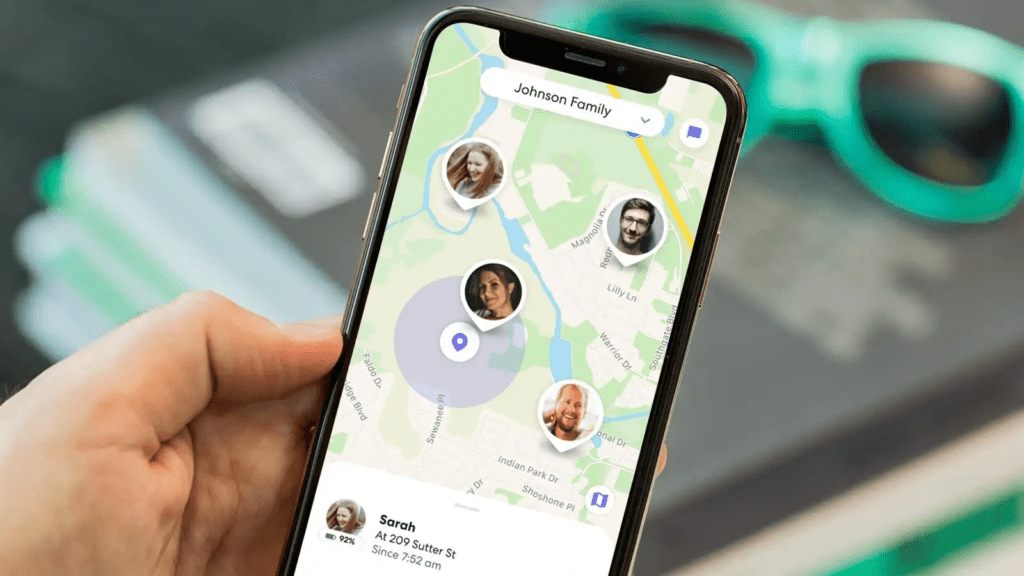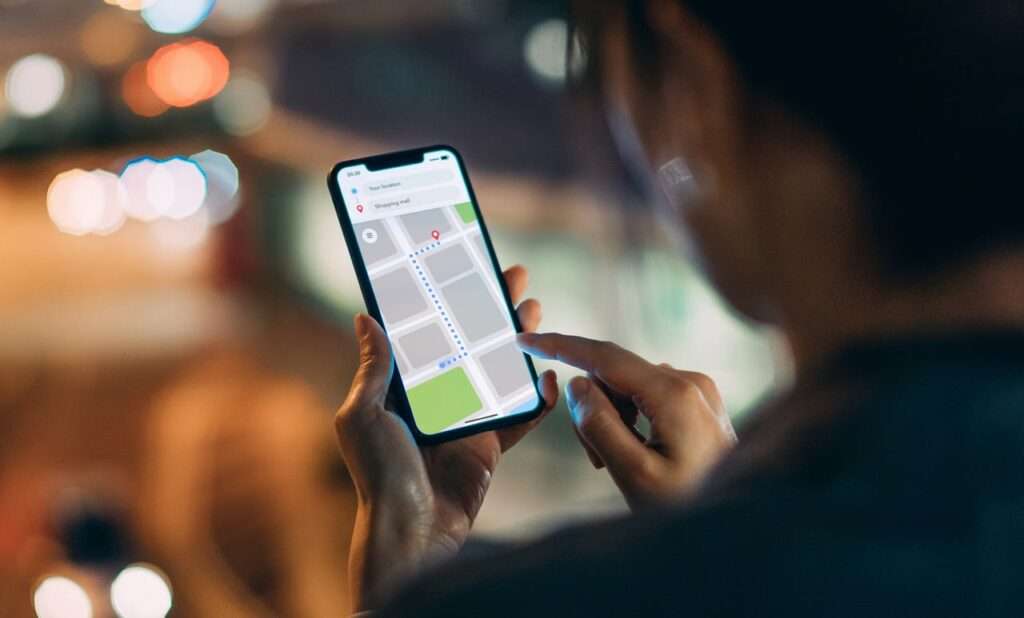Tracking someone’s location using a phone number is a common query, often driven by concerns for loved ones or lost devices. While it’s important to approach this topic with ethical considerations, there are legitimate methods to achieve this. This article talks about various approaches and tools, providing insights into their functionalities and limitations.
How to Track Someone’s Location with Phone Number on Google Maps
Unfortunately, Google Maps does not offer a direct method to track someone’s location using their phone number alone. Google Maps primarily relies on GPS data from devices with location sharing enabled.
To track someone’s location on Google Maps, you typically need:
- Mutual consent: Both parties must agree to share location data.
- Device-specific methods: This involves using built-in features like “Find My Device” for Android or “Find My” for iOS.

How to Track Someone’s Location with Phone Number on Google Maps Android
Similar to the general Google Maps scenario, tracking someone’s location on Google Maps Android requires mutual consent and device-specific tools. Here’s a brief overview:
- Google’s Find My Device: If the target device is an Android phone, you can use Google’s Find My Device service to locate it. However, this requires the target device to be signed in to the same Google account and have location services enabled.
- Third-party apps: Some third-party apps claim to offer location tracking based on phone numbers. However, their accuracy and legality vary widely.
How to Track Someone’s Live Location with Phone Number
Tracking someone’s live location using only a phone number is generally not feasible without their explicit cooperation. Most location tracking methods require access to the target device or rely on services that the target person has willingly subscribed to.
Here are some avenues, but they come with limitations:
- Carrier-based services: Some mobile carriers offer location services for their subscribers. However, these services typically require the subscriber’s consent and often involve additional fees.
- Third-party location sharing apps: Apps like WhatsApp, Facebook Messenger, and some dedicated location sharing apps allow users to share their live location with specific contacts. But again, the target person must agree to share their location.
- GPS tracking devices: If you have physical access to the target person’s device, you can install a GPS tracking device. However, this is generally considered invasive and may be illegal in certain jurisdictions.
Important Considerations:
- Legitimate use cases: Ensure that your reasons for tracking someone’s location are valid and justifiable.
- Accuracy and reliability: The accuracy of location tracking can vary depending on factors like network coverage, GPS signal strength, and the tracking method used.
While the idea of tracking someone’s location using only a phone number might seem convenient, it’s important to understand the limitations . Most effective tracking methods require cooperation from the target person or physical access to their device.
Polosploits: Best Service for Location Tracking
While the methods discussed above are generally legal when used with consent, there are also services that offer location tracking capabilities. One such service that has gained popularity is Polosploits.
What is Polosploits?
Polosploits is an online service that offers a range of hacking tools, including the ability to track someone’s location using their phone number. It’s essential to approach any claims made by such services with extreme skepticism.
Polosploits employ methods, such as:
- Phishing attacks: Deceiving users into providing personal information through fraudulent websites or emails.
- Malware distribution: Infecting target devices with malicious software to collect location data.
- Exploiting vulnerabilities: Taking advantage of security flaws in mobile networks or operating systems.
Alternatives for Location Tracking
Here are some other alternatives for location tracking:
- Consent-based location sharing: Use built-in features on smartphones or dedicated apps to share location with trusted contacts.
- GPS tracking devices: For legitimate purposes like monitoring elderly individuals or tracking pets, consider using GPS tracking devices that require physical installation.
- Carrier-based location services: Some mobile carriers offer location services with the subscriber’s consent.
The desire to track someone’s location can be driven by various reasons, but it’s important to approach this matter with respect for privacy.



